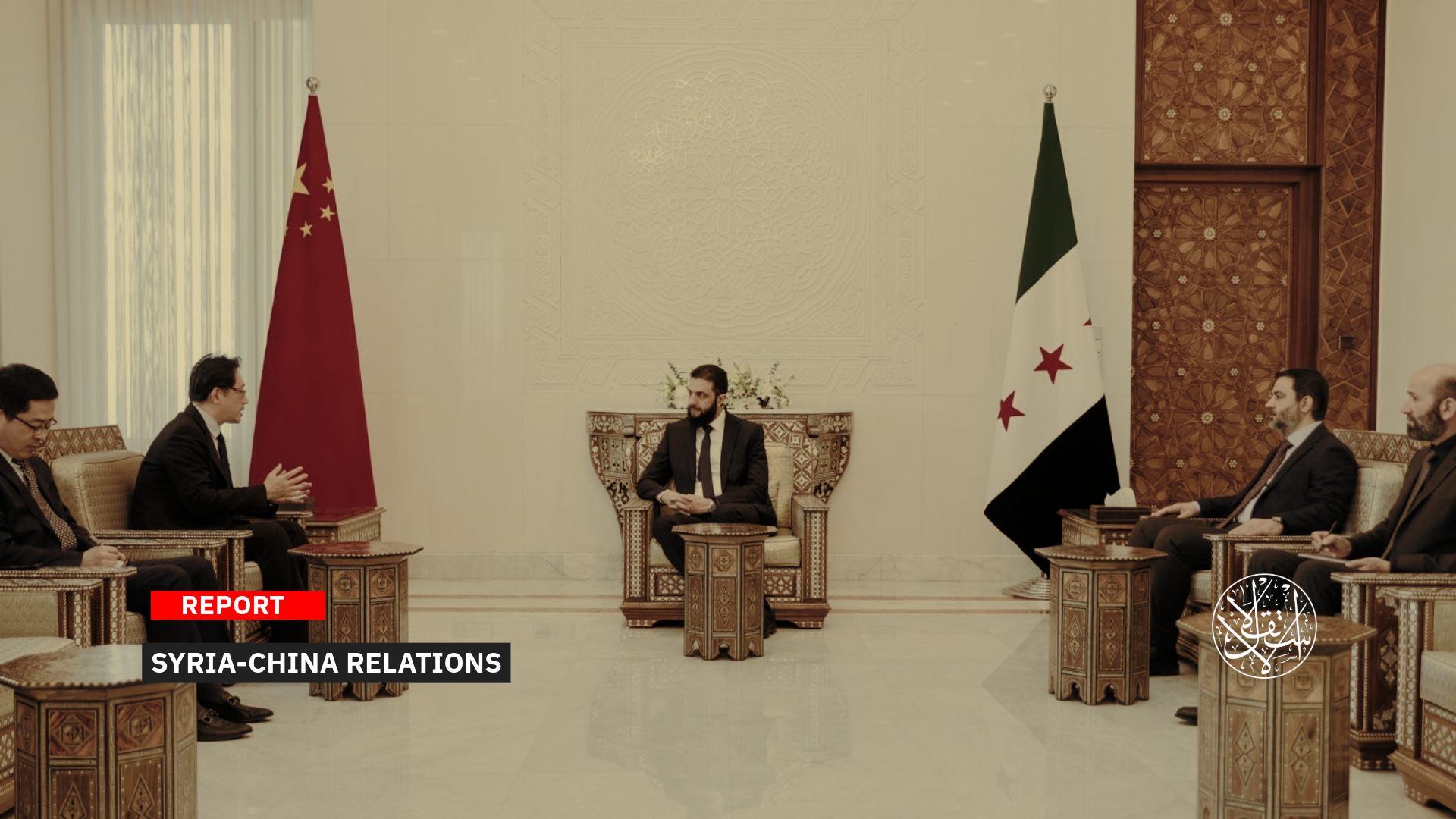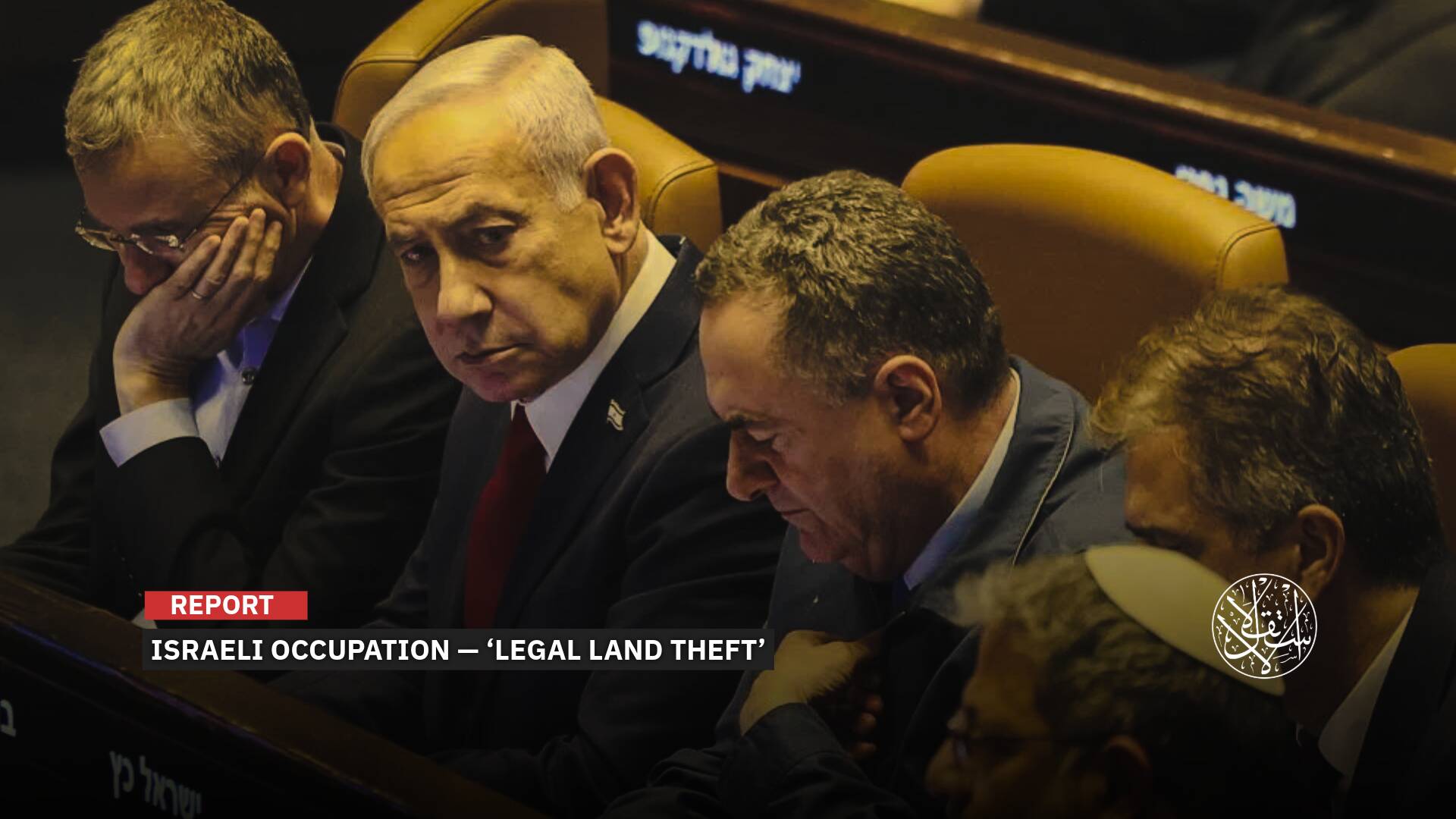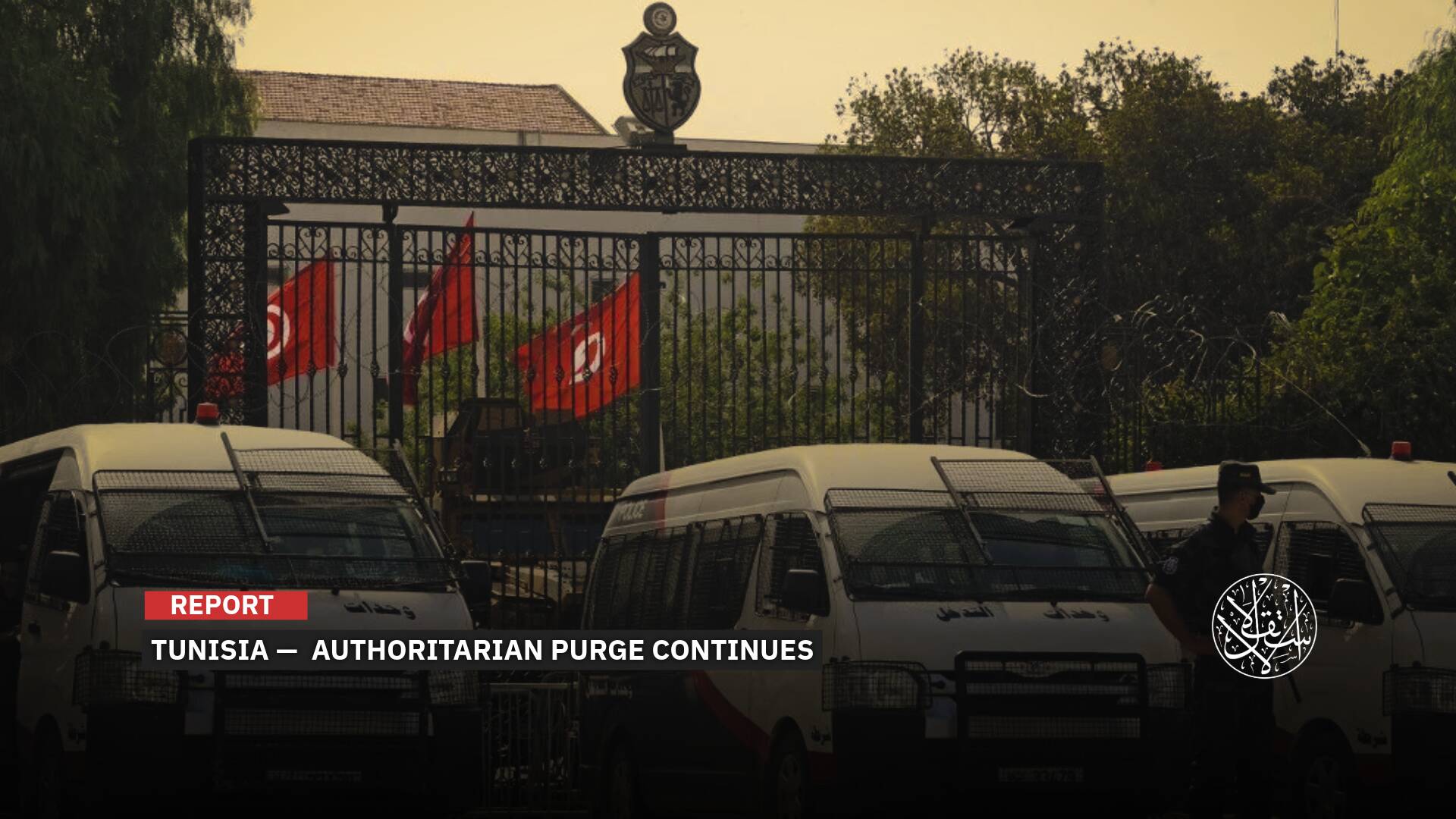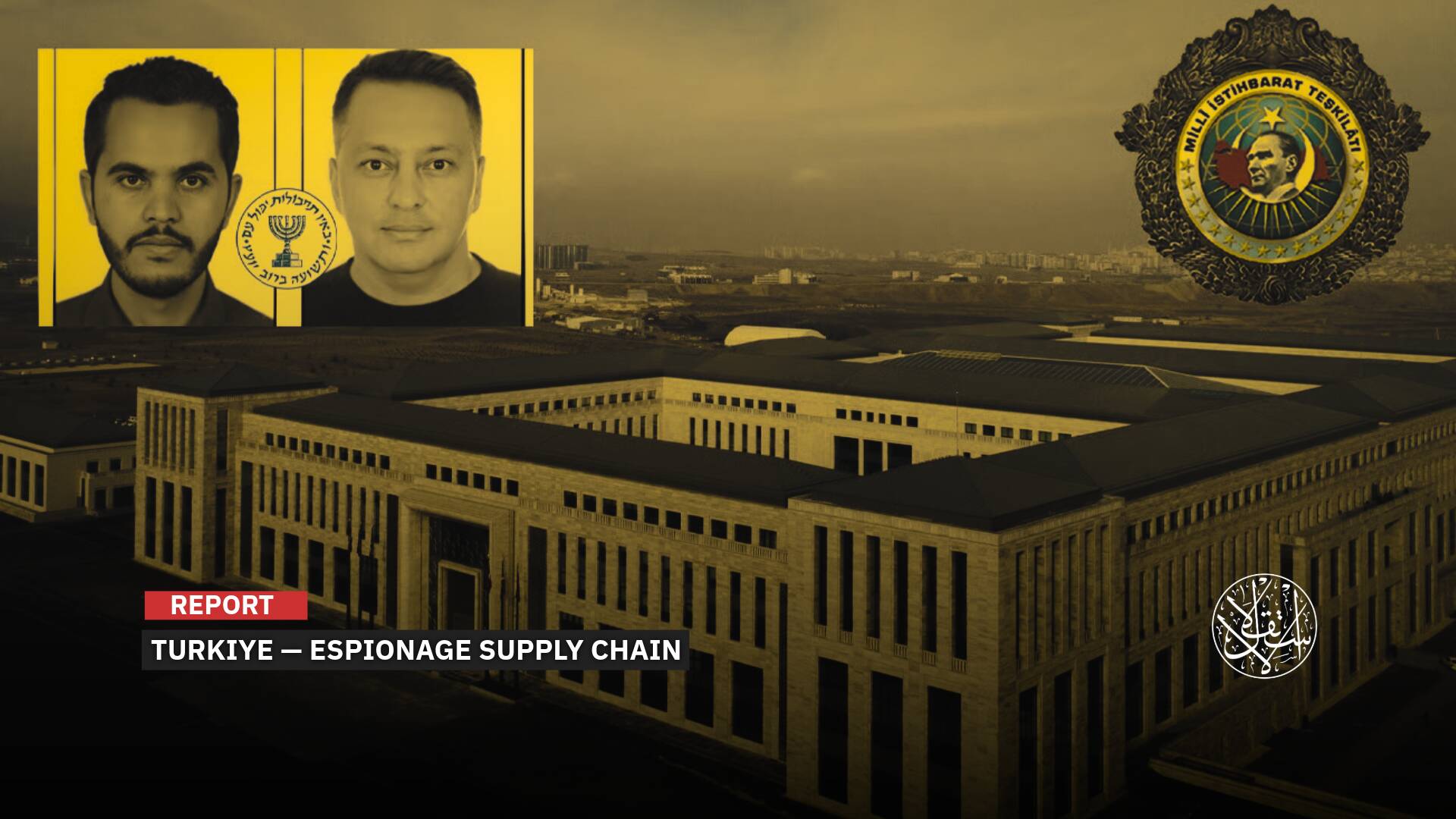Why China Is Reluctant to Embrace Syria’s New Regime

Syria plays a crucial role in China’s Belt and Road Initiative.
China continues to tread carefully in its approach to Syria’s new political reality, despite its potential to position itself as a central player in the country’s reconstruction efforts after years of devastating war.
Beijing, which maintained a strong alliance with the ousted Bashar al-Assad regime and shielded it diplomatically for over a decade, now views post-Assad Syria through a lens of caution. The Chinese leadership remains wary, signaling that any engagement with Damascus’s new rulers must first address unresolved fears and strategic concerns.

Strategic Partnership
Syria’s new leadership, which has charted a course of openness and neutrality since the fall of Bashar al-Assad on December 8, 2024, has been quietly reaching out to China in a bid to reframe ties. Seeking to distance itself from the entanglements of past alliances, Damascus has made a series of diplomatic overtures aimed at reassuring Beijing of its intentions.
Most recently, on April 28, 2025, Syrian Foreign Minister Asaad al-Shaibani met with China's Permanent Representative to the UN, Fu Cong, at the United Nations headquarters in New York. In a statement issued by Syria’s foreign ministry, al-Shaibani expressed his government’s readiness to deepen relations and build a “strategic partnership” with China, promising that Syria would stand as “a partner and supporter of China in international affairs.”
For Beijing, these gestures signal a cautious re-entry into the Syrian file. Fu, in turn, welcomed the overtures, saying the partnership would enhance bilateral cooperation across a range of sectors. Yet the meeting comes against a backdrop of longstanding Chinese apprehension. Just a week after Assad’s ouster, Chinese Foreign Minister Wang Yi publicly voiced “deep concern” over the situation in Syria and warned of extremist groups exploiting the post-Assad vacuum.
This wasn’t the first sign of renewed engagement. In February, transitional Syrian President Ahmed al-Sharaa met with Chinese Ambassador Shi Hongwei in Damascus, a continuation of Beijing’s steady, if hesitant, diplomatic presence.
China’s relationship with Assad’s regime was once ironclad. Since 2011, China has shielded Assad on the international stage, co-sponsoring eight of its 14 UN Security Council vetoes with Russia in his defense. In 2017, Beijing announced plans to invest $2 billion in Syria and urged the international community to support its reconstruction. President Xi Jinping even welcomed Assad and his wife, Asma, to China in 2023, ending years of diplomatic isolation.
Yet promises are rarely translated into action. Real investments never materialized. For years, Chinese firms viewed Syria as a minefield, hamstrung by Western sanctions, plagued by insecurity, and burdened with uncertain returns. A 2021 report by the Harmoon Center for Contemporary Study noted that Chinese companies feared Syria would be unable to repay its loans, a risk too great in a fractured state.
Despite that, China inked a deal with Assad’s regime in early 2022, bringing Syria into its Belt and Road Initiative, the trillion-dollar infrastructure and trade project connecting over 70 countries. The symbolism was heavy, but the substance was lacking.
Now, as China recalibrates its approach, it must weigh geopolitical gains against a landscape still marred by instability. Analysts argue that Beijing’s renewed interest in Damascus is less about Syria itself and more about the country’s potential as a regional node, a strategic junction in China’s grand vision of global connectivity.

Chinese Concerns
Despite the apparent openness, many observers believe that the future of the China–New Syria relationship hinges on reaching a set of mutual understandings.
“China has not presented any formal conditions to the new Syrian government in the conventional sense. Beijing, at least theoretically, adheres to a policy of non-interference in the internal affairs of other states,” Syrian researcher Ammar Jalo told Al-Estiklal.
“China harbors serious concerns about post-Assad Syria—chief among them is the fate, future activity, and possible integration of the Turkistan Islamic Party, including the naturalization of its members or their appointment to leadership positions in the new Syrian army.”
Since the outbreak of the Syrian uprising and the arrival of foreign fighters, including Chinese nationals who joined opposition groups, Beijing has closely monitored their activities. Many of these fighters were Uyghur Muslims, a group that has long suffered state repression in China.
Beijing fears that the presence of Uyghur militants within the Syrian state apparatus could further fuel separatist sentiments in Xinjiang, the northwestern region home to the Uyghur minority.
China has faced mounting international criticism over its treatment of Uyghurs. In recent years, human rights organizations have condemned Beijing for detaining at least one million Uyghurs and other Muslim minorities in internment camps in Xinjiang, where they are reportedly subjected to widespread persecution.
Jalo also noted that China is uneasy about Syria’s emerging ties with South Korea. “This relationship is particularly sensitive for Beijing,” he said, “given the recent strains in China–South Korea relations, and Seoul's growing strategic and defense cooperation with Washington; developments that mark a shift from its earlier approach of balancing its U.S. ties with Chinese concerns.”
For the first time in nearly six decades, South Korea has established a formal diplomatic presence in Syria, signaling its intent to support the country’s reconstruction and recovery in the aftermath of Assad’s fall.
Following the collapse of the regime, a traditional ally of Seoul’s rival, North Korea, South Korea moved quickly to recognize the new Syrian leadership under interim President Ahmed al-Sharaa.
On April 10, 2025, South Korean Foreign Minister Cho Tae-yul visited Damascus, where he met with al-Sharaa and his Syrian counterpart, Foreign Minister Asaad al-Shaibani.
According to the South Korean Foreign Ministry, the two countries signed an agreement to establish diplomatic relations, including the opening of embassies and the exchange of diplomatic missions.

Shifting Priorities
According to Jalo, in the wake of Assad’s fall, China is now seeking to gauge the seriousness of the new Syrian government’s orientation and its potential openness toward Beijing. “This involves conducting official meetings with Syrian officials,” the Syrian researcher said.
This, he explained, reflects China's strong interest in advancing ties with Damascus and ensuring that its previous association with the Assad regime does not undermine the prospects of a positive and strategic relationship with the new leadership.
Jallou emphasized Syria’s strategic importance in China’s Belt and Road Initiative (BRI), noting that “its ports and territory offer key economic assets.” Syria serves as a flexible arena for countering American influence in the Middle East. Strong ties with Damascus also give Beijing leverage on security matters, including the ability to monitor and possibly curb the activities of the Turkistan Islamic Party, which is of significant concern to China.
“Beijing could also position itself as a central player in Syria’s post-war reconstruction, especially in sectors like infrastructure, advanced technology, or arms supplies,” Jalo added.
China is now actively working to understand the orientation of Syria’s new government—particularly regarding the Turkistan Islamic Party, relations with South Korea, and the fate of past strategic, trade, and investment agreements signed between Beijing and Damascus during the Assad era.
As early as 2015, Beijing warned that Uyghur fighters were being “illegally recruited to leave China and receive terrorist training” in places like Syria and Iraq.
By 2016, Chinese and Syrian officials were holding monthly intelligence-sharing meetings to track these fighters. From Beijing’s perspective, many of these Uyghur recruits were simply “biding their time” before returning home to pose a domestic security threat.
The concern has become more acute now, especially as some promoted leaders of the Turkistan Islamic Party have reportedly assumed positions within Syria’s new Ministry of Defense. China, meanwhile, continues to raise the issue at the UN Security Council.
On March 25, 2025, Chinese Ambassador Fu Cong told the Security Council in a briefing on Syria: “We urge the Syrian interim authorities to fulfill their counter-terrorism obligations and to take decisive measures to combat all Security Council-listed terrorist organizations, including the Eastern Turkistan Islamic Movement, also known as the Turkistan Islamic Party.”
The use of the term “East Turkestan” is politically sensitive in Beijing, which considers it a separatist label and prefers the official name “Xinjiang,” meaning “New Frontier.”
These early moves signal China’s intent to rebuild political ties with Syria while protecting its strategic and commercial interests. It may follow the same pragmatic approach it adopted after the U.S. withdrawal from Afghanistan in 2021 and the Taliban’s return to power.
Since then, China has become one of the most politically and economically engaged countries in Afghanistan, even though the Taliban was previously a major ally of the Turkistan Islamic Party.
Sources
- Remarks on Syria by China’s Permanent Representative to the UN Ambassador Fu Cong at the UN Security Council Briefing
- Curbing China’s Influence on the New Syrian Government
- Discussing Strengthening Relations, Al-Shaibani Meets With China’s Permanent Representative to the United Nations [Arabic]
- President al-Sharaa receives the Chinese ambassador at the People's Palace in Damascus [Arabic]
- Will Syria challenges stand in the way of China’s Middle East ambitions?











